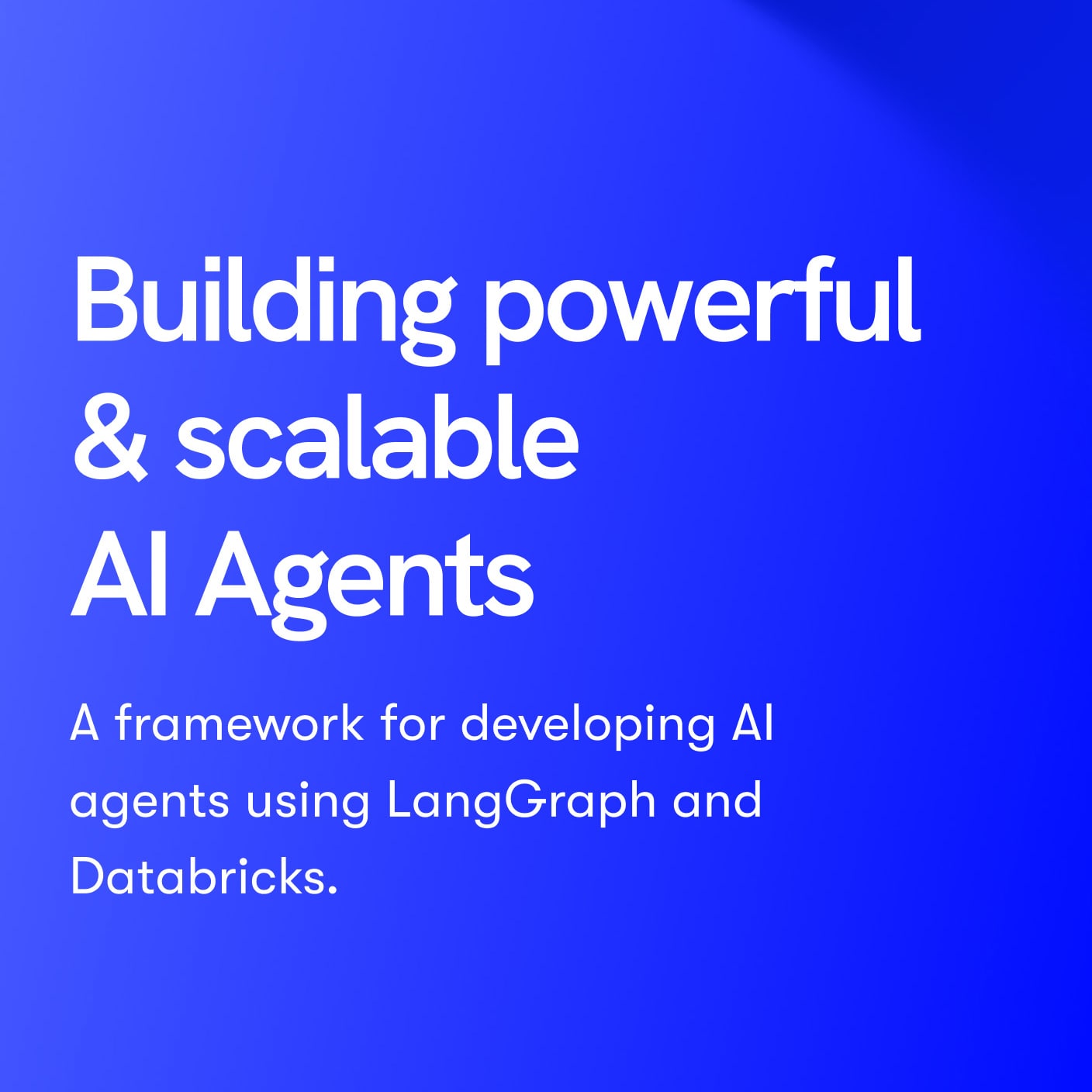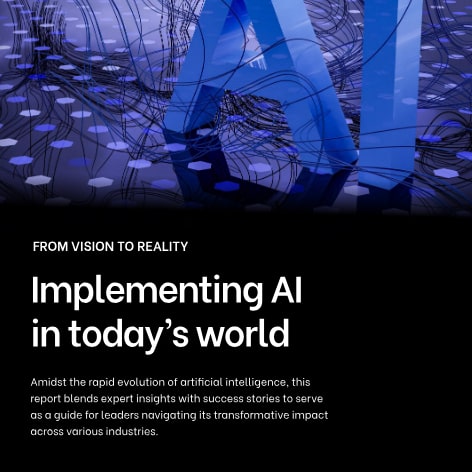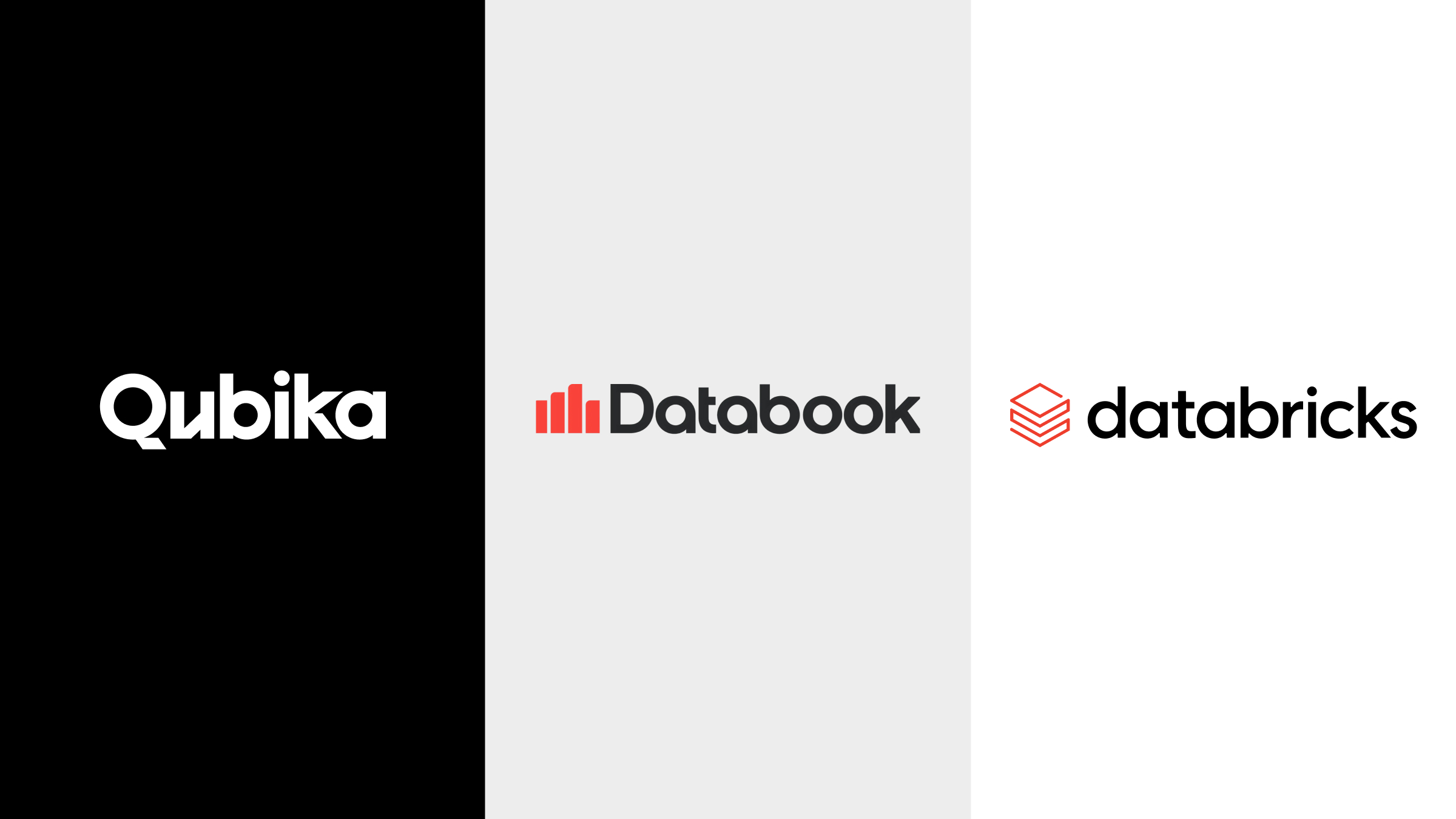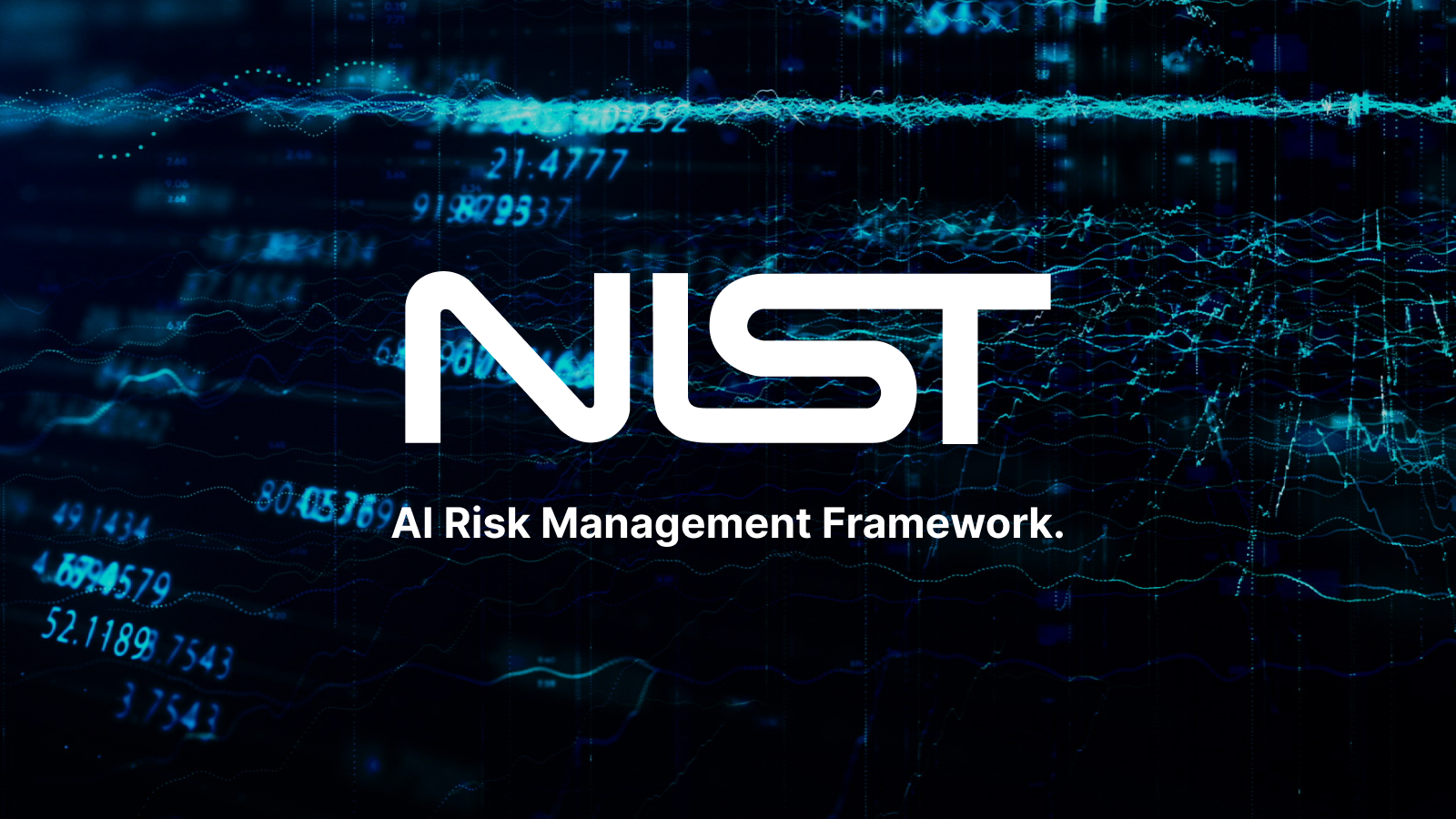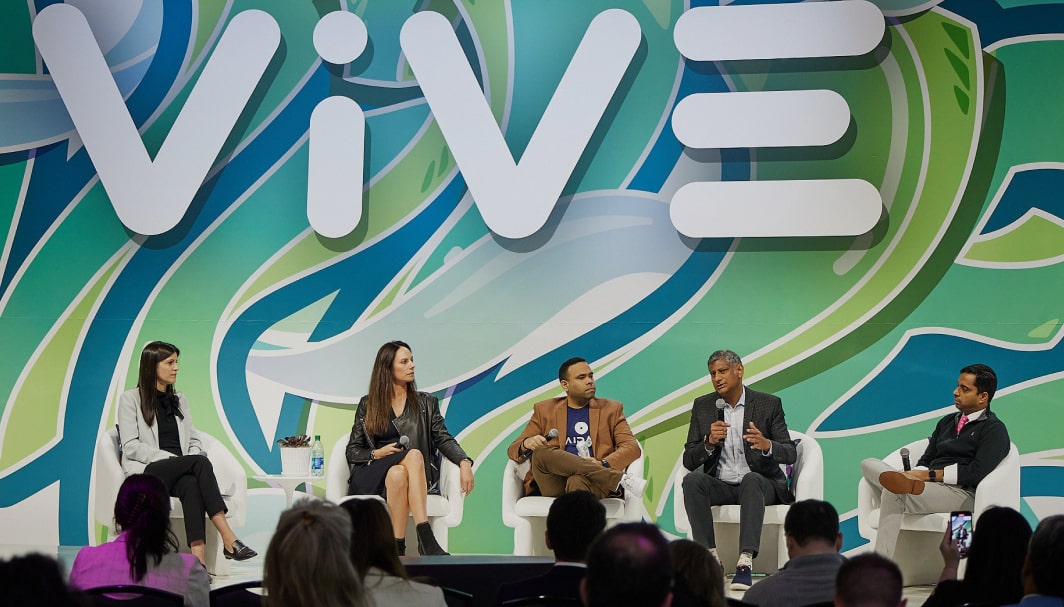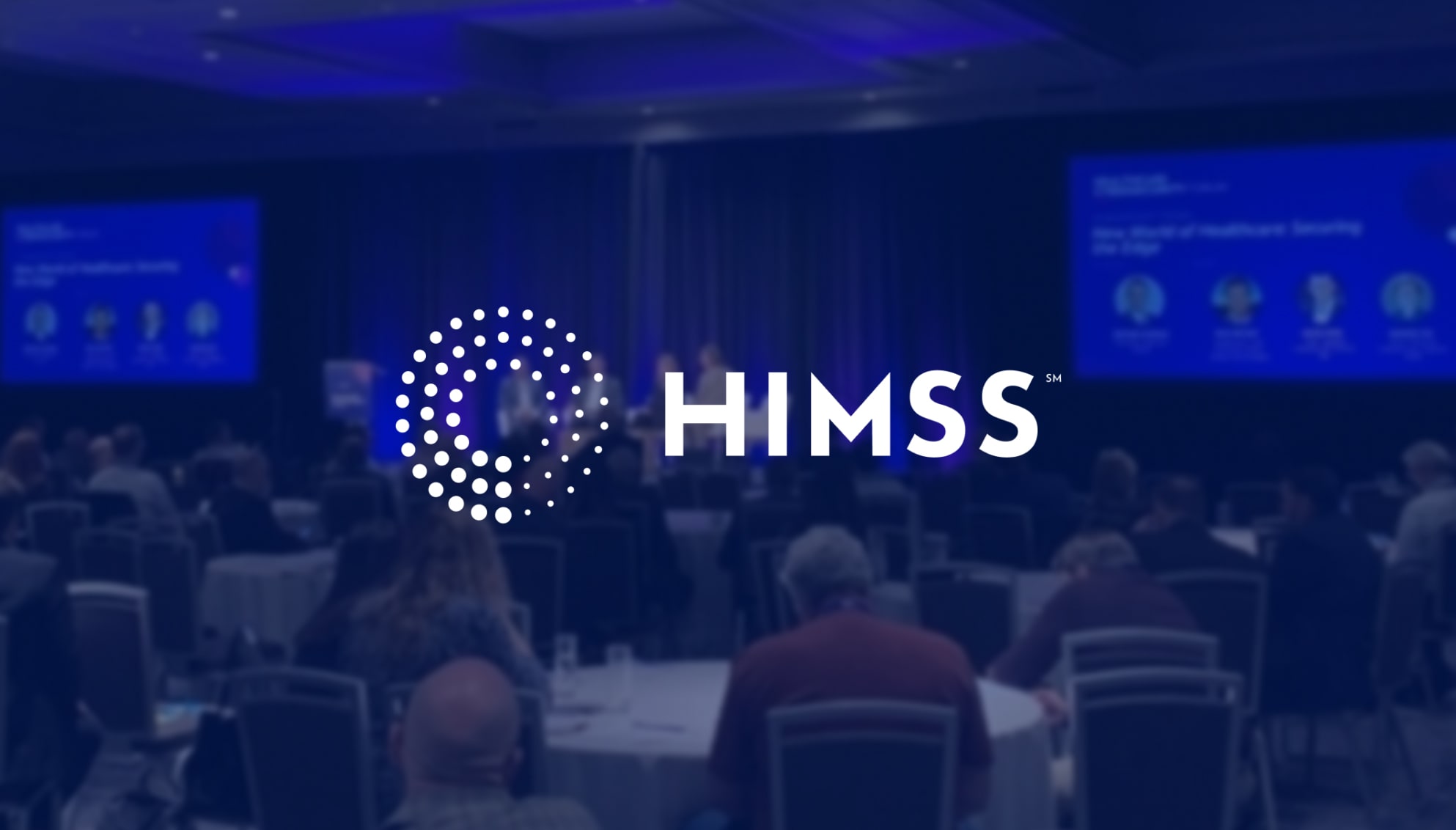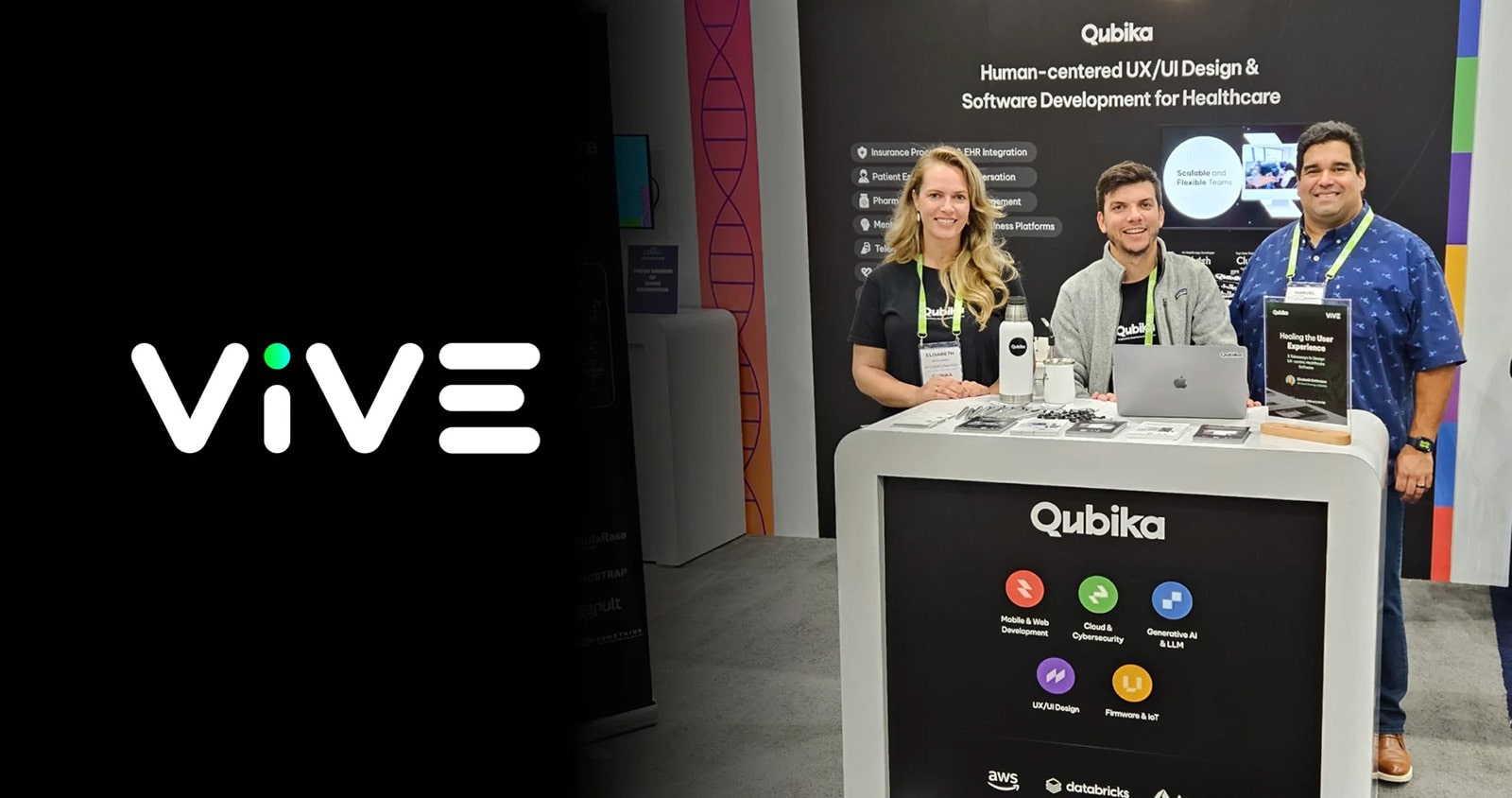Innovation in healthcare: The future we’re building
Innovation in healthcare isn’t just a buzzword—it’s the future we’re building today. That’s why I’m excited to be part of ViVE 2025, one of the most dynamic events in the digital health industry.
This year’s conference is being held in Nashville, one of Qubika’s locations, an emerging healthcare hub, and promises to bring together the brightest minds in the field. ViVE merges the leadership of CHIME and the marketplace of HLTH, creating a premier digital health event focused on business transformation. It attracts C-suite executives, senior digital health leaders, startups, investors, policymakers, and patient advocates—all working to solve healthcare’s biggest challenges.
Beyond just an event, ViVE 2025 is an opportunity to gain deeper insights into the healthcare world and explore trends that are shaping the next wave of growth. Whether it’s breakthroughs in artificial intelligence or critical discussions on cybersecurity, I’m ready to connect, learn, and be inspired.
5 key trends I can’t wait to explore at ViVE 2025
1. AI agents in healthcare
- AI-powered diagnostics and disease screening. By 2025, real-world performance data and expanded validation studies will enable AI-driven diagnostics to move beyond pilot programs and become widely deployed—ultimately leading to more equitable access to high-quality care.
- Imaging diagnostics: Detecting anomalies in X-rays, CT scans, MRI, and ultrasound images with speed and precision.
- Cancer screening: Identifying early-stage tumors or suspicious lesions, where early intervention significantly improves patient outcomes.
- Personalized medicine and therapeutic recommendations
- Ongoing research in genomics, proteomics, and biomarker discovery is providing unprecedented insights into disease pathophysiology.
AI agents, leveraging these insights, can:
- Predict patient response to specific treatments.
- Identify optimal drug dosages and combinations.
- Monitor disease progression using biomarkers and wearable data:For example, oncology patients could benefit from AI-driven treatment regimens tailored to their genetic makeup, leading to more effective therapies with fewer side effects.
- Patient engagement and virtual health assistants.
- Chatbots and virtual assistants have evolved from rudimentary symptom checkers to more sophisticated AI Agents that:Provide pre- and post-appointment guidance, offer mental health support through evidence-based chat interactions and facilitate medication adherence through personalized reminders and education.
By 2025, these AI agents will likely integrate seamlessly with telehealth platforms, bridging gaps in care and offering more continuous, responsive patient engagement. Improvements in natural language understanding and empathetic response generation will further enhance patient trust and satisfaction.
2. Cybersecurity in healthcare: Intersection of innovation and security
Why is it critical?
Healthcare cybersecurity isn’t just about protecting data—it’s about maintaining trust in our digital healthcare system. With cyber threats on the rise, every healthcare decision today must also be a cybersecurity decision.
What I’m hoping to learn
At ViVE’s Cybersecurity pavilion, I’ll hear from CISOs, industry experts, and government agencies like HHS and CISA about how to tackle healthcare’s unique security challenges. Whether it’s updates to the NIST Cybersecurity Framework or insights from Health-ISAC, I’m looking forward to practical, real-world strategies.
Key areas to watch
- Real-world problem-solving sessions.
- Governance and security standards.
- Ransomware prevention and mitigation strategies.
3. Interoperability: Bridging the gaps in data exchange
Why it matters
Seamless data exchange isn’t just a technical issue—it’s the foundation for better patient outcomes, reduced clinician burden, and more efficient care.
What’s catching my eye
At the InteropNOW! Pavilion, I’ll explore how leading health systems and payers are using interoperability to drive value-based care and enable seamless health data exchange.
Key areas to watch
- Real-time data sharing across healthcare ecosystems.
- The role of FHIR, TEFCA, and national interoperability policies.
- Strategies to reduce information blocking.
4. Ambient AI: Moving beyond documentation
A new paradigm in healthcare
Ambient AI is moving from the sidelines into clinical workflows and has the potential to revolutionize healthcare. At ViVE, the session “You Say You Want an Ambient AI Evolution” will explore its expanding applications. I’m eager to see how ambient AI is doing more than just transcribing conversations—how it’s optimizing revenue cycles, streamlining workflows, and identifying social determinants of health in real time.
Ambient AI won’t deliver on its promise unless clinicians adopt it. I’m keen to understand how organizations are achieving high adoption rates and measuring real impact beyond documentation.
5. The importance of user-centered healthcare software
Why user-centered design matters
User-centered design is critical in healthcare software development, as it directly impacts patient outcomes, provider efficiency, and overall system adoption. By prioritizing user experience (UX) in healthcare applications, we ensure that solutions are:
- Intuitive and accessible – Healthcare professionals and patients alike benefit from clear, easy-to-use interfaces that reduce errors and enhance engagement.
- Interoperable and efficient – Seamless integration with existing health systems (EHRs, EMRs, and IoT devices) ensures smooth workflows and data consistency.
- Secure and compliant – Adhering to HIPAA, GDPR, and FDA regulations protects sensitive patient information and maintains trust.
- Scalable and adaptive – Solutions should evolve with advancements in AI, machine learning, and remote monitoring, enhancing predictive care and personalized treatments.
About Qubika’s role in healthcare innovation
At Qubika, we specialize in delivering secure, scalable digital solutions for healthcare. With over 18 years of experience, we collaborate with leading healthcare organizations and healthtech startups, developing transformative technology solutions. Our recognition as the #1 Health App Developer by Clutch reflects our commitment to building powerful, innovative digital experiences in healthcare.
Conclusion
ViVE 2025 is a must-attend event for anyone shaping the future of healthcare. From cybersecurity to AI, interoperability to user-centered design, the discussions will be groundbreaking—and collaboration will be key. As we prepare for ViVE 2025, one thing is clear—technology alone can’t transform healthcare. It’s people who do it.
Are you attending ViVE 2025? What trends are you most excited about? Let’s connect in Nashville and continue these critical conversations about healthcare’s future!
Qubika's health and wellbeing solutions and services
Transform healthcare with Qubika's AI-driven patient engagement, mHealth, and wearable technologies. People-centric solutions for modern healthcare.

